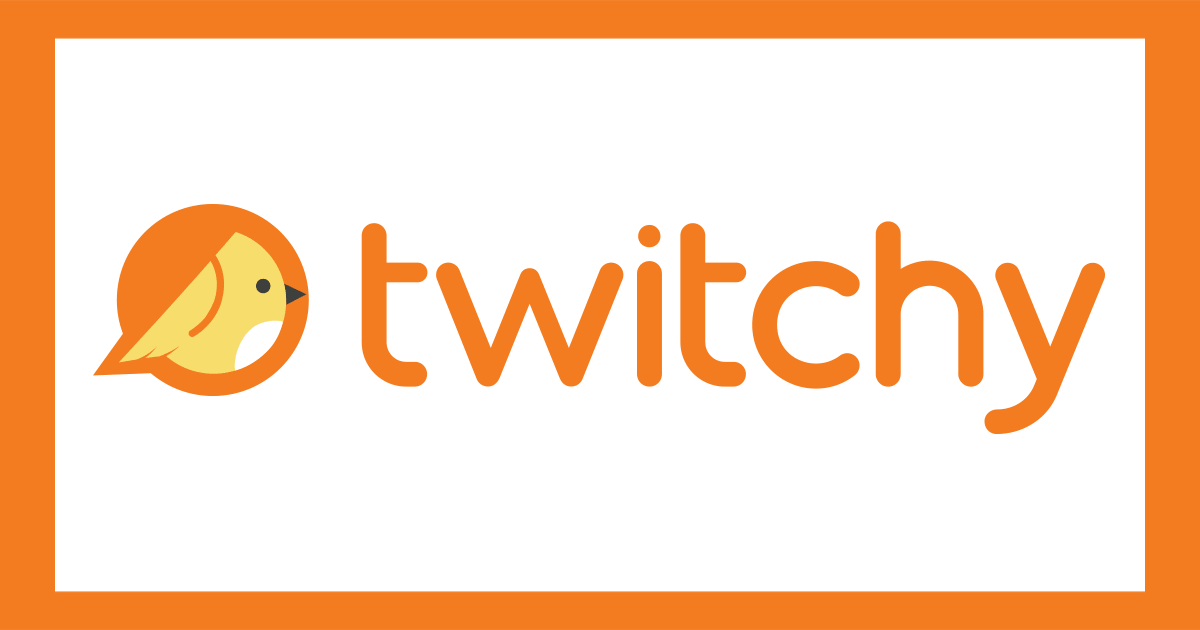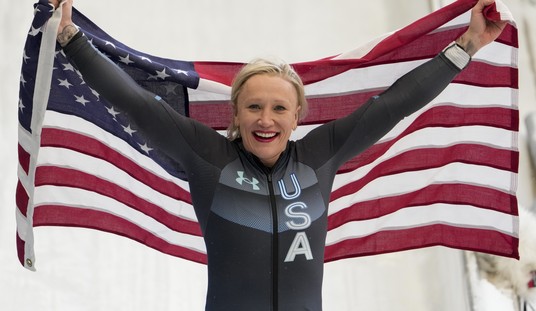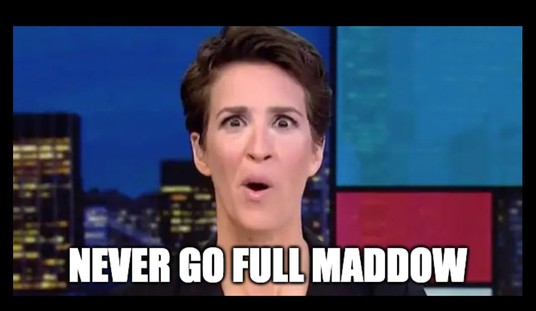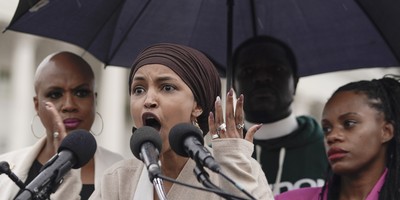When historians study President Trump’s tenure in the White House, one of the questions that should be addressed is (not if, but…) to what extent the media treated the current administration differently than its predecessors. When that question is examined, remember statements like that of CNN’s Jake Tapper on ‘Reliable Sources’ discussing why he refuses to invite White House press secretary Kayleigh McEnany on his show.
Townhall’s Julio Rosas captured an exchange between host Brian Stelter and Tapper discussing McEnany not being allowed to appear on his show.
.@jaketapper tells @brianstelter why he does not have @kayleighmcenany on his show: She tells "lies the way that, you know, most people breathe. There was no value in that…She can’t acknowledge reality. So I am just not going to put somebody like that on air." pic.twitter.com/c4kFvRFPYo
— Julio Rosas (@Julio_Rosas11) December 27, 2020
McEnany did not allow Tapper to broadcast his accusations without a response. She rightly points out that Tapper did not support his claims.
This is a therapy session for a broken network, and @jaketapper is lazy enough to participate by lobbing baseless personal attacks, with ZERO evidence.
Jake’s real problem:
I do not leak.
I do not lie.
But I DO call out the lies of the media (i.e. CNN Russia collusion hoax!) https://t.co/Gz0RWbwhJZ
— Kayleigh McEnany (@kayleighmcenany) December 27, 2020
Recommended
Putting aside the fact that Tapper did not describe one instance when McEnany had made a false statement, in what administration did cable news channels start carefully examining the veracity of administration officials’ commentary as a prerequisite for booking them as guests?
***
























Join the conversation as a VIP Member